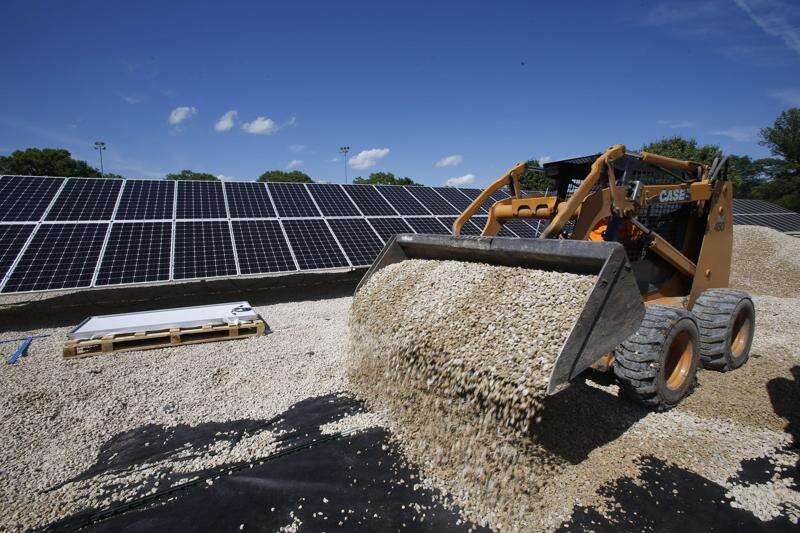Since 2008, hundreds of thousands of solar panels have popped up across the country as an increasing number of Americans choose to power their daily lives with the sun’s energy. Thanks in part to the Solar Energy Technologies Office's investments, the cost of going solar goes down every year. You may be considering the option of adding a solar energy system to your home’s roof or finding another way to harness the sun’s energy. While there’s no one-size-fits-all solar solution, here are some resources that can help you figure out what’s best for you. Consider these questions before you go solar.




